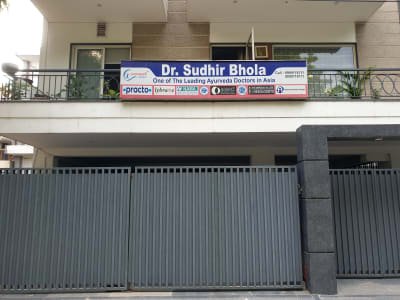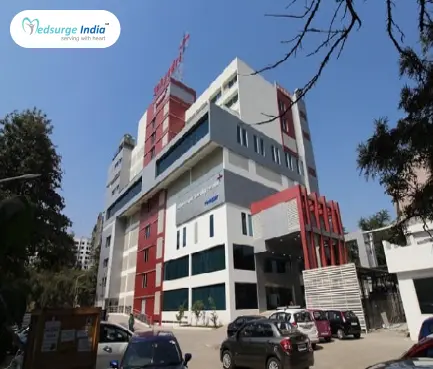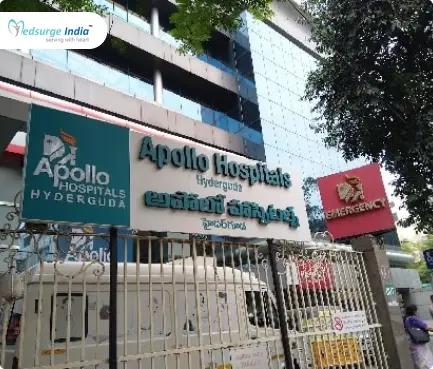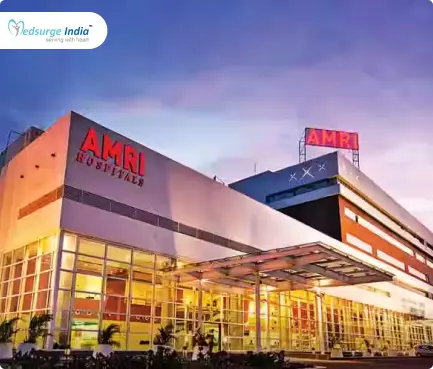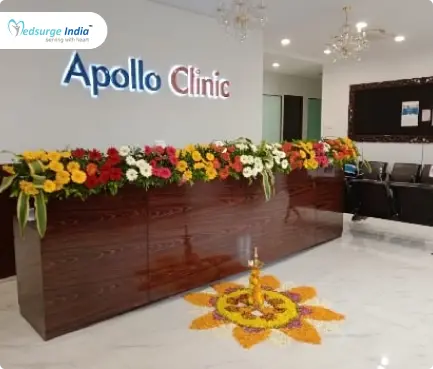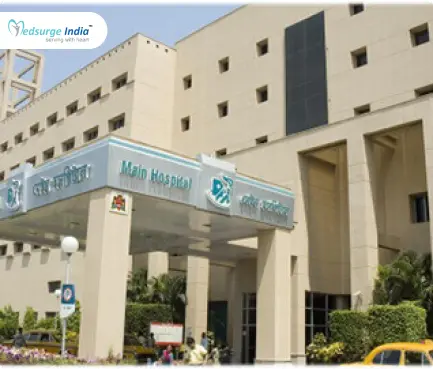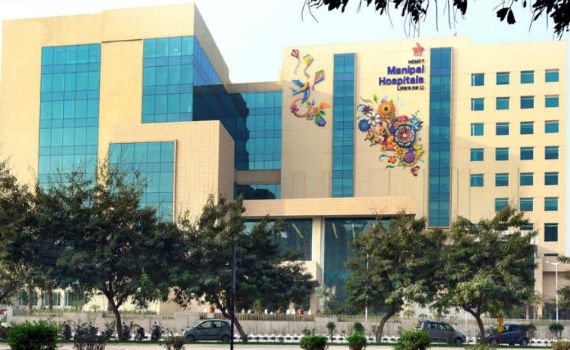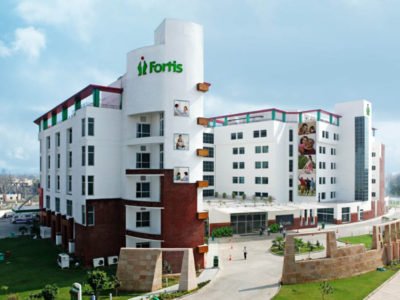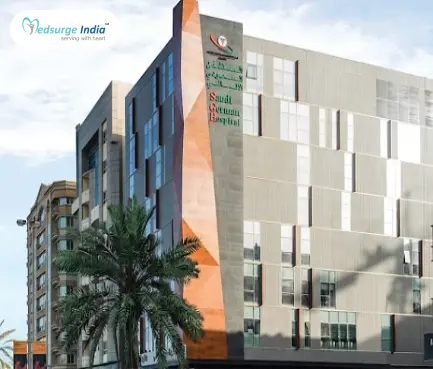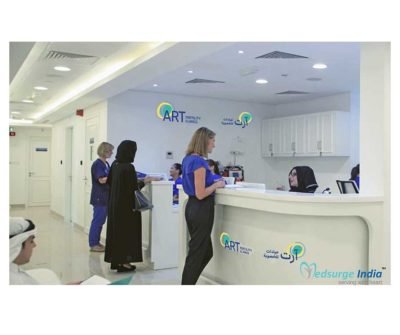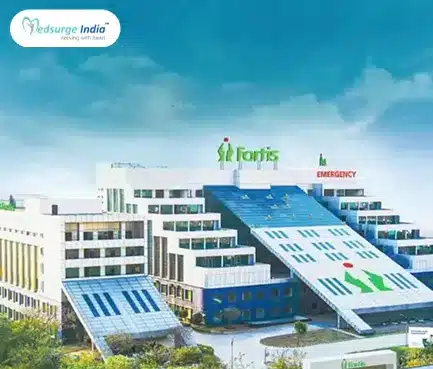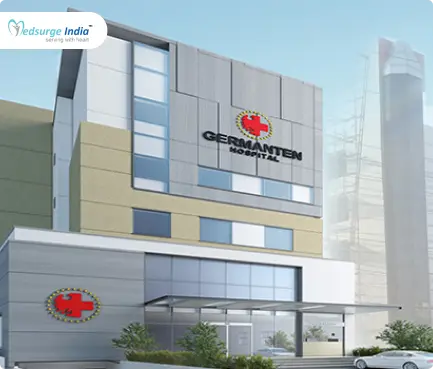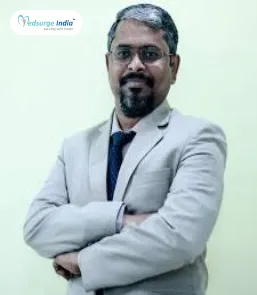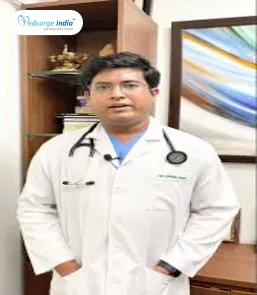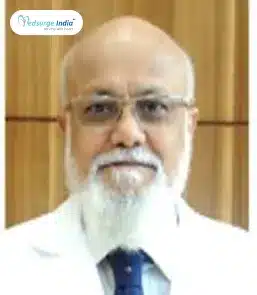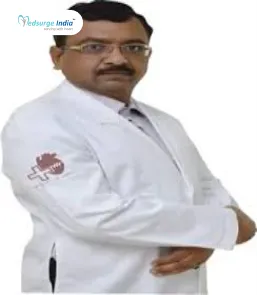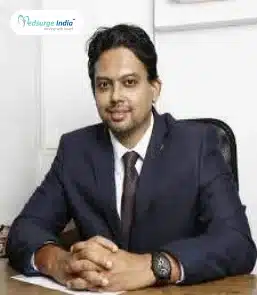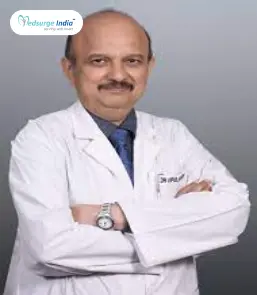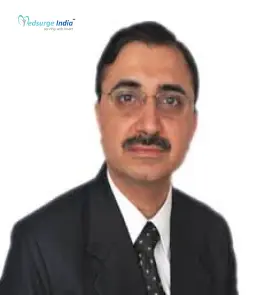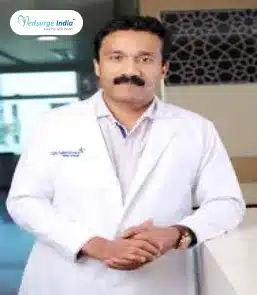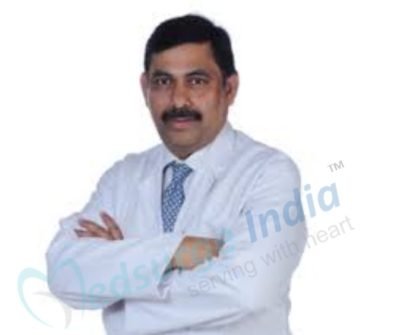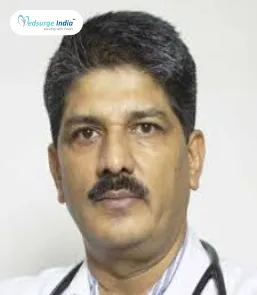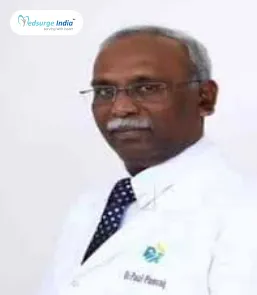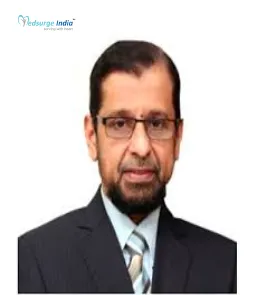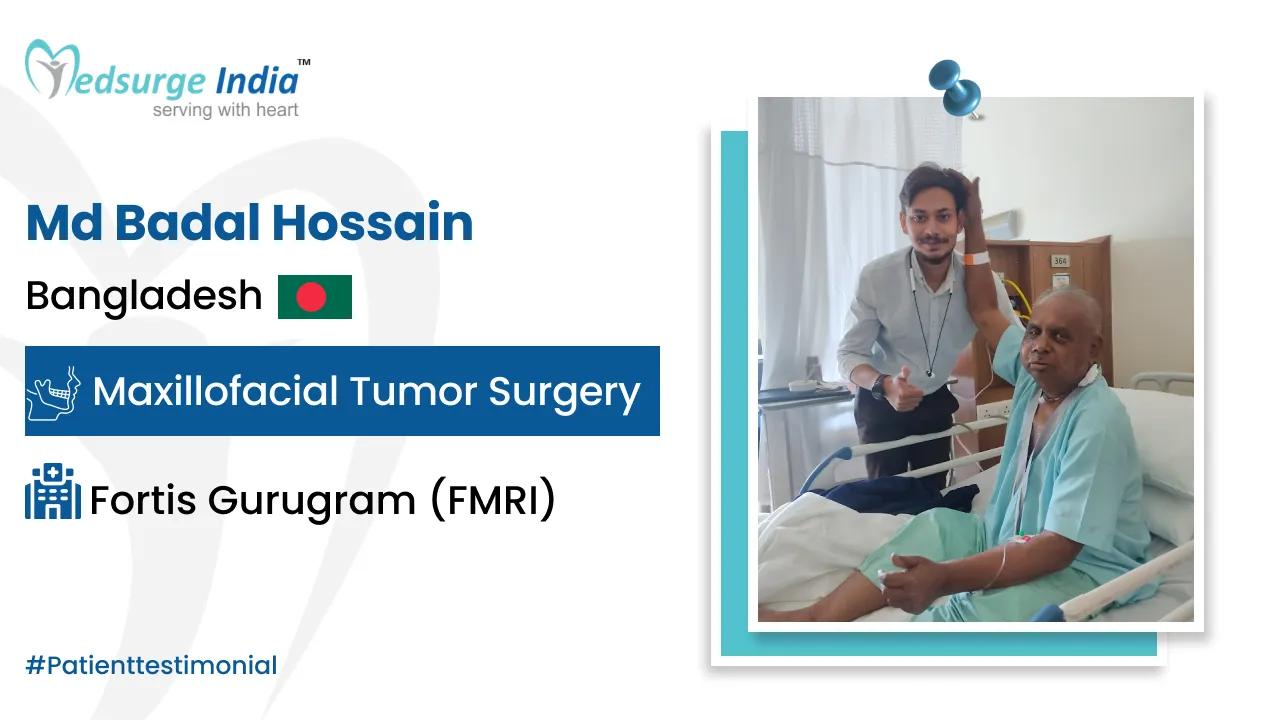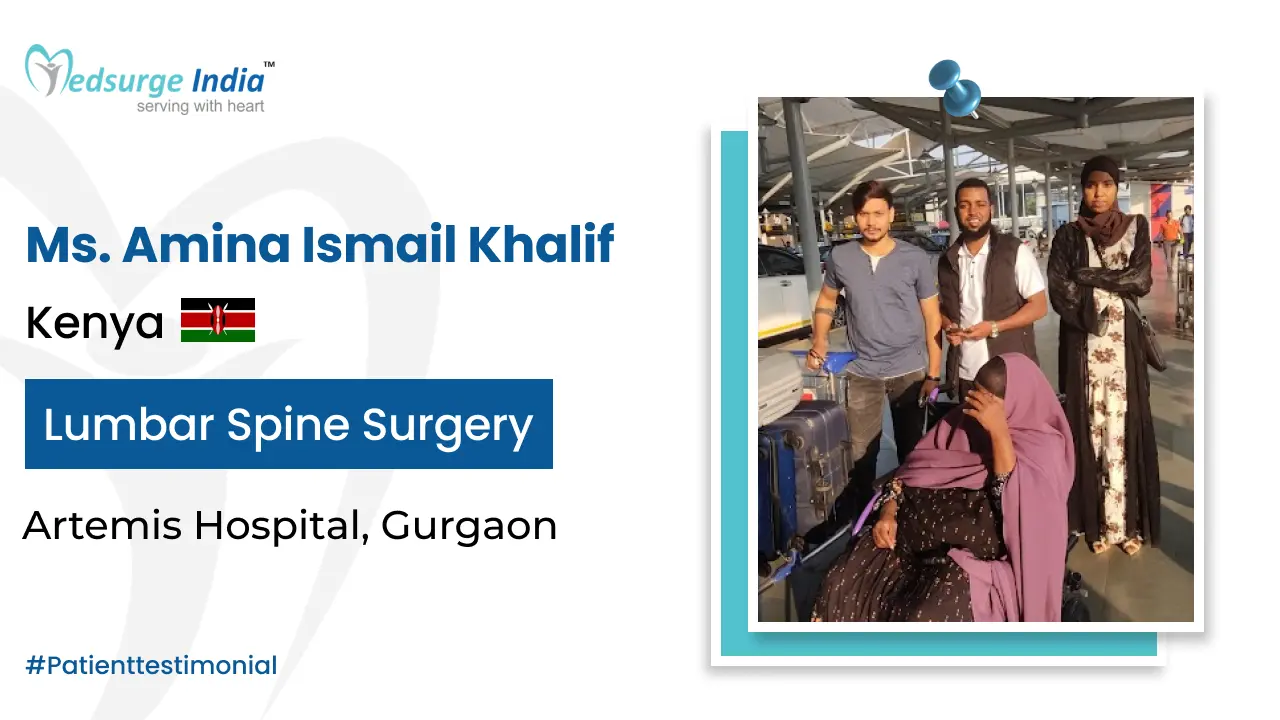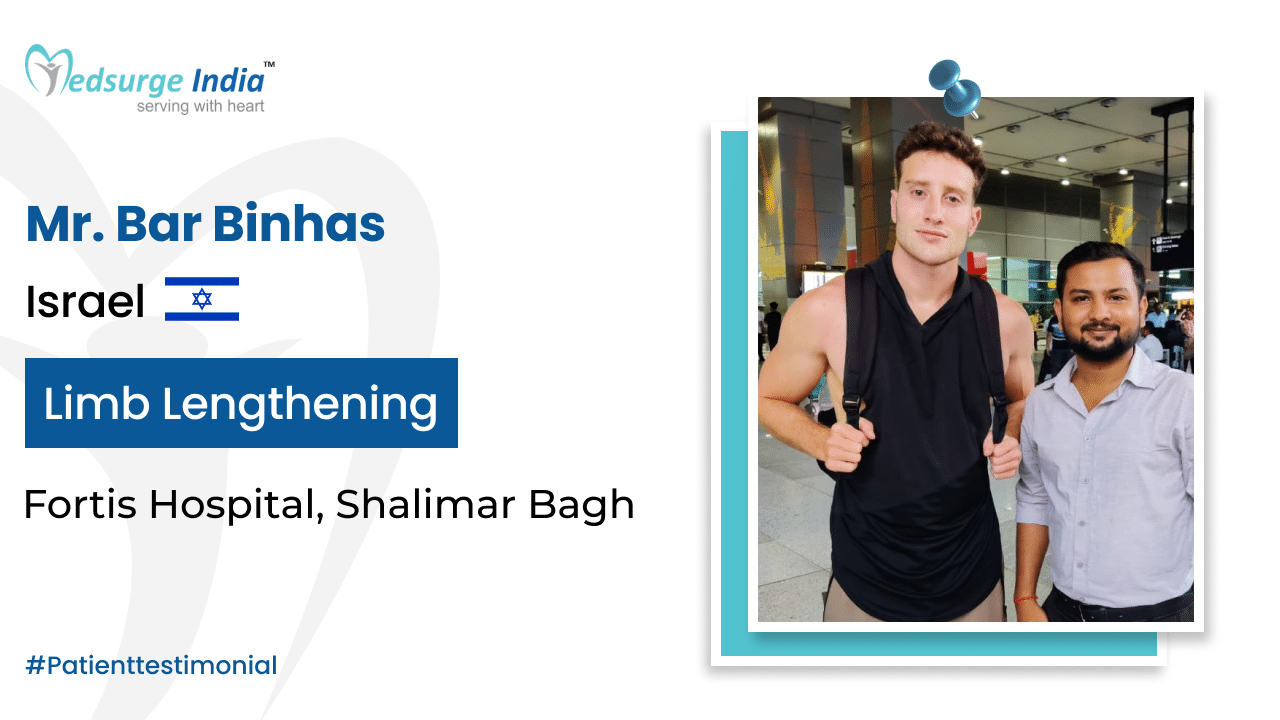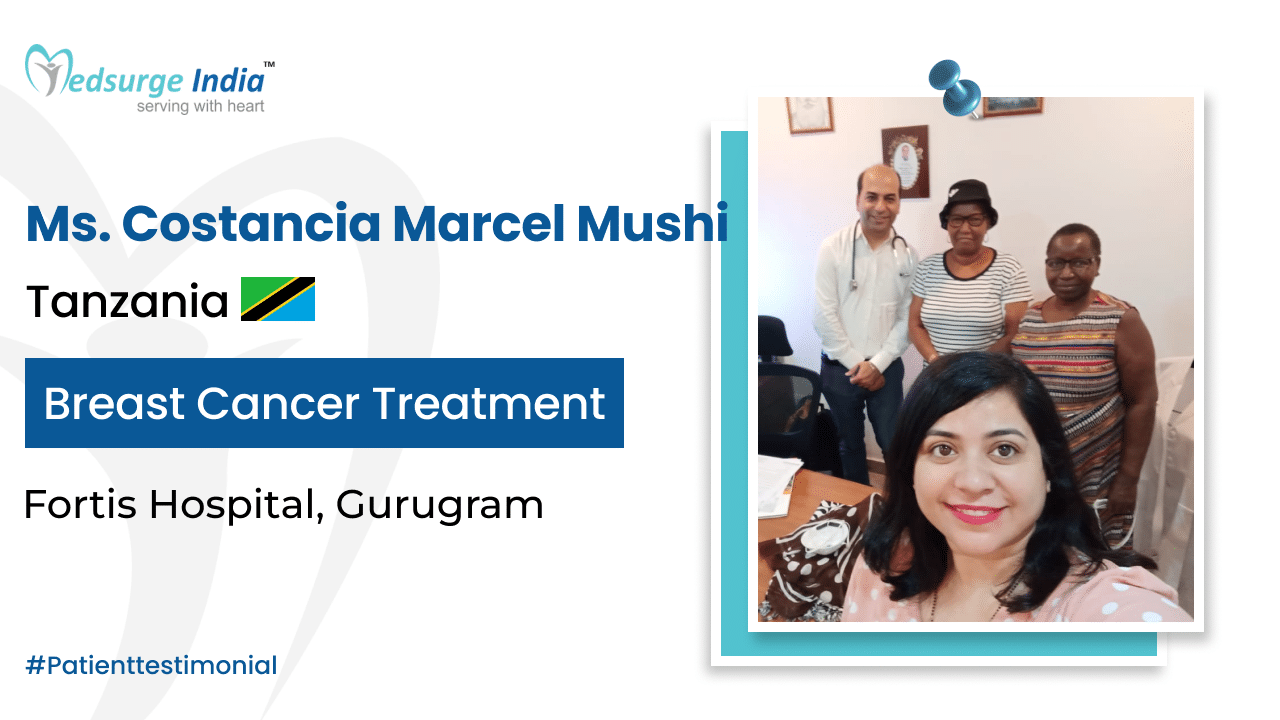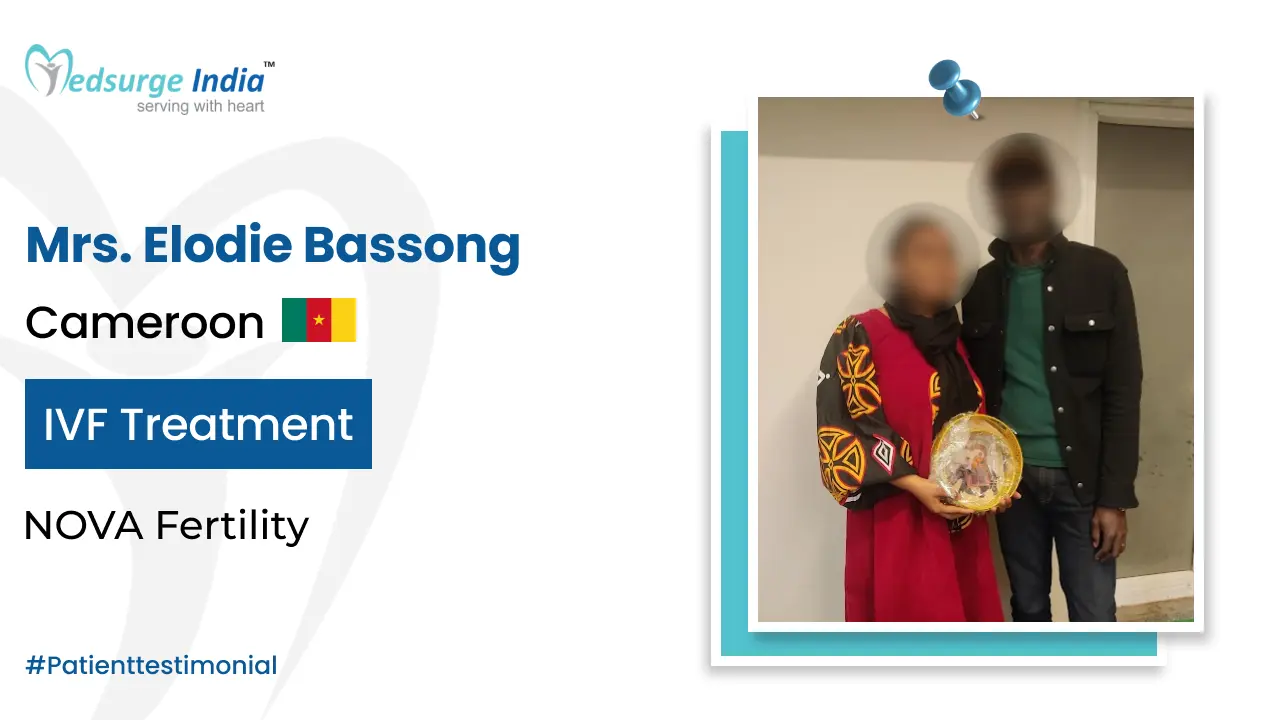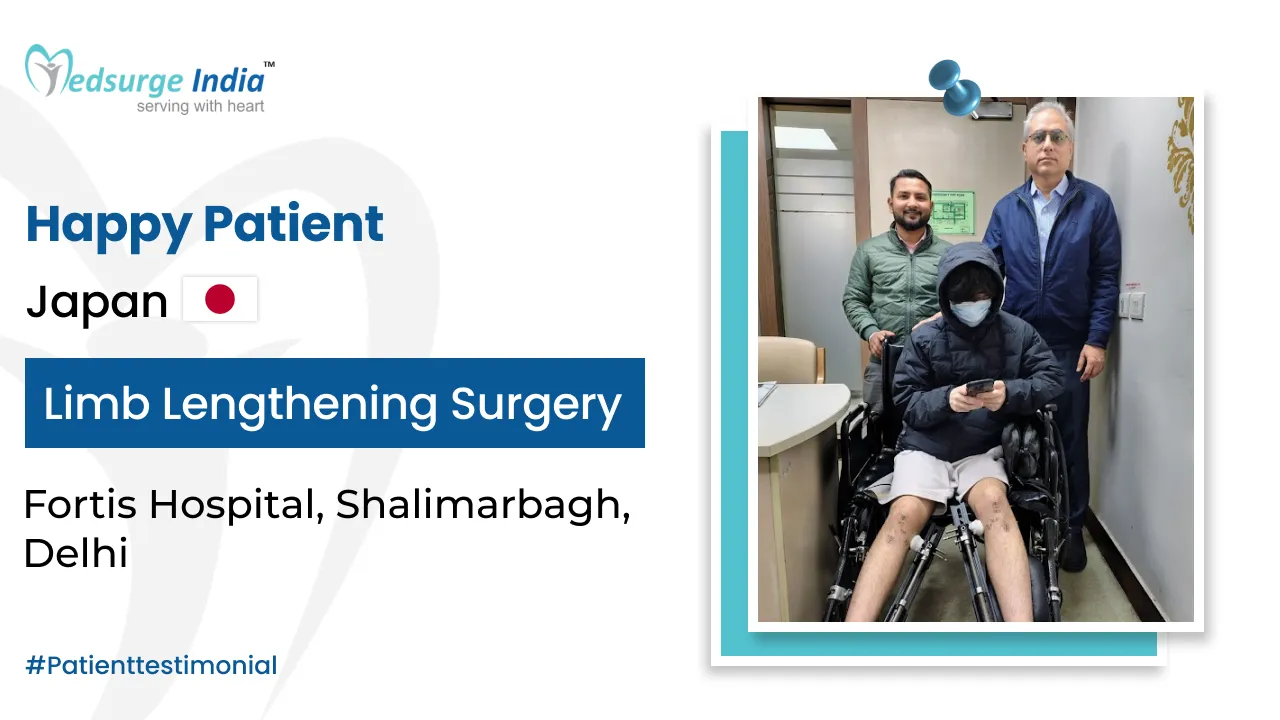
An atherectomy surgery is the removal of plaque from an artery (blood vessel). Plaque removal expands the artery, allowing blood to flow more freely to the heart muscles. The plaque is shaved or vaporized away during an atherectomy using tiny rotating blades or a laser on the end of a catheter (a thin, flexible tube). A catheter is inserted through the genital area and has a blade attached to it that cuts the plaque. The residue is then collected in a bag, which is removed from the catheter later. There are various types of devices that can be used for atherectomy surgery in India, such as rotational atherectomy or laser atherectomy, depending on the patient’s problem and the doctor’s preference.
The cost of atherectomy surgery in India is lower than in any other European country. Hospitals in India offer low-cost healthcare packages with the assurance of excellent treatment quality, techniques, and the best specialists for treating your loved one.
What Is Atherectomy?
The goal of treatment is to remove the plaque buildup in your arteries. In simple terms, atherectomy means the removal of an atheroma. An atheroma is an abnormal accumulation of fat within the wall of a blood vessel. As the plaque growth enlarges in size, the vessel progressively narrows, affecting blood flow to the tissue it supplies. This results in a condition called atherosclerosis if not removed can cause life-threatening problems.
An atherectomy surgery in India is a procedure that removes plaque from a blood vessel using a catheter with a sharp blade on the end. The catheter is inserted into the artery through a small puncture in the artery while the patient is sedated. The catheter is designed to collect the removed plaque in a chamber in the tip, allowing the plaque to be removed as the device is removed from the artery.
If your arteries become too narrowed or blocked due to plaque within the artery walls, you may require this atherectomy procedure. When arteries become blocked, blood cannot reach the tissues to nourish them, causing lower extremity muscles to cramp and lose strength. An atherectomy is especially useful for treating artery blockages that occur around branches or in vessels that are difficult to treat with stents.
Atherectomy Surgery Cost in India
On an average Atherectomy Surgery Cost in India can start from USD 5000. The type of procedure you choose will vary in Atherectomy Surgery Cost in India.
Types of Treatment Procedures for Treating Atherectomy Surgery in India
| Treatment | Starting Price |
| Directional atherectomy | USD 800 |
| Rotational atherectomy (RA) | USD 1100 |
| Orbital atherectomy | USD 900 |
| Laser atherectomy | USD 1400 |
Estimated prices depending on different cities in India
| Cities | Starting Price |
| Delhi | USD 5000 |
| Gurgaon | USD 5000 |
| Noida | USD 5000 |
| Mumbai | USD 5100 |
| Hyderabad | USD 5000 |
| Chennai | USD 5000 |
| Kolkata | USD 5000 |
| Bangalore | USD 5200 |
Note: Do remember that the pricing and the treatment for Atherectomy Surgery cost in India will vary depending on the patient’s choice and other various factors.
Factors That Can Affect Atherectomy Surgery Cost in India
The following here are some variables that can affect Atherectomy Surgery Cost in India:
- Medication costs.
- Duration of treatment.
- Geographical location.
- Hospitalization expenses.
- Government policies and subsidies.
- Medical tourism packages.
- Hospital reputation and infrastructure.
- The expertise and experience of medical professionals.
- The type and frequency of diagnostic procedures.
- The choice of treatment modality.
Furthermore, even the standard and grade of medical care and amenities are comparable to those of the most prestigious healthcare facilities in the world, even when the expense of lodging, meals, and transportation is taken out. Also, under the direction of the most skilled physicians, Medsurge India provides patients with the lowest Atherectomy Surgery Cost in India.
What Diagnostic Tests Are Performed Prior to Atherectomy Surgery?
Before beginning any treatment, a diagnosis is made to determine the person’s symptoms and type of disease. Before beginning the treatment or surgery for atherectomy, the following diagnosis is made:
- Blood tests: A blood test can be used to check the levels of various blood parameters as well as the presence of any underlying medical conditions such as diabetes.
- Urine tests: Urinalysis can be used to diagnose urinary infections.
- Imaging tests: Imaging tests such as x-rays, CT scans, MRI scans, and ultrasounds are used to obtain clear images of the body’s internal organs.
- Electrocardiogram (ECG): This test is used to record the electrical activity of the heart and to diagnose heart abnormalities.
- Echocardiogram: An ultrasound is used to obtain images of the heart, which aids the doctor in evaluating the heart’s pumping action.
Coronary angiogram: By injecting a contrast dye into the arterial system and coronary vessels and then taking an x-ray, the location and extent of blood vessel blockages can be determined. This test is usually recommended if there is a possibility of coronary artery disease (blockage of the blood vessels supplying the heart muscle).
Helpful – Coronary Angiogram Cost in India
Get Free Cost Estimation
Procedure
What Are the Different Procedures of Atherectomy?
Procedures can vary depending on the type of device attached to the catheter for plaque removal in the vessels. Among the various types of atherectomy surgeries are:
- Directional atherectomy: The plaque is gently shaved off with the catheter, and the plaque fragments are collected in a different part of the catheter and removed. These devices are used in the treatment of peripheral blood vessels.
- Rotational atherectomy (RA): The plaque is ground into powder as it is cut with a high-speed grinder. Later, the powder is washed away by the bloodstream.
- Orbital atherectomy: The procedure is similar to rotational atherectomy in that a high-speed rotational device is used. The catheter tip, on the other hand, has been modified.
- Laser atherectomy: In this procedure, the catheter tip emits a high-energy laser to vaporize the plaque.
How to Prepare for an Atherectomy?
Here are some things you should know and do before beginning your procedure or atherectomy surgery in India:
- Inform your doctor if you have any allergies to medications, anesthetics, or contrast dyes.
- If you have any medical conditions, please notify your doctor or healthcare team.
- Notify your doctor or healthcare team if you are taking any medications, herbs, or supplements.
- If you smoke, you should stop for a couple of weeks before and after the procedure.
- Before your procedure, avoid drinking or eating anything.
How Atherectomy Surgery is Performed?
Before the Procedure
A few days before the procedure, pre-procedure tests may be performed to ensure that it is safe to proceed. Certain medications may need to be discontinued before the procedure. Your medical team will provide you with specific instructions to assist you in preparing.
During the Procedure
- The atherectomy surgery in India for atherosclerosis will be performed under local anesthesia with a mild sedative administered intravenously.
- Your surgeon will insert a catheter with a sharp blade at the tip into your artery and advance it until it reaches the narrowing.
- Your surgeon will then scratch the plaque away with the catheter blade. The plaque will be collected and removed in a chamber at the catheter’s tip.
- To remove a significant amount of atherosclerosis, the surgeon may need to pass the catheter multiple times.
After the Procedure
The procedure itself takes about two hours on average, but the preparation and recovery time adds several hours. You will need to lie flat for three to six hours after the procedure. The surgery may necessitate a one to a two-day hospital stay. Several days after the atherectomy, you should be able to resume normal activities. Your doctor will give you specific instructions for your recovery.
What Are the Possible Risks and Complications of Atherectomy Surgery?
Your doctor will go over the specific risks and benefits of the suggested procedure with you. Atherectomy is usually without complications, but there is a few risk of complications, such as embolization (the dislodgement of debris that blocks the arteries in the lower part of the leg) and perforation, as with any surgery. These complications, on the other hand, are rare. The re-blockage of the artery (restenosis) that may occur later, especially if you smoke, is an unusual complication of atherectomy. Atherectomy is a risk-free procedure with risks roughly similar to balloon angioplasty. It could include:
- Circumferential bleeding around the heart
- Blood vessel wall injury or tearing
- Embolization occurs when a dislodged clot travels along a blood vessel and blocks another blood vessel.
- Chest pain
- Heart attack
- Arrhythmias
- An emergency bypass is required when a blood vessel is completely blocked.
- The local anesthetic used during the procedure caused an allergic reaction.
What Are the Benefits of Atherectomy?
An atherectomy improves your overall quality of life by alleviating symptoms. People who suffer from blocked arteries frequently report symptoms such as:
- Walking causes pain in the legs.
- Fatigue.
Atherectomy has the following advantages:
- Rapid relief
- Restoring immediate blood and oxygen flow to your heart muscle
- Can exercise more easily and feel more energized
Suggestion
There are numerous advantages to having an atherectomy as a treatment for peripheral artery disease. When angioplasty and stenting are not options, atherectomies are recommended. This can happen if the blockage is in an especially difficult-to-reach location, or if it is too hardened or severe to be flattened with just the angioplasty balloon or stent device. Atherectomy is frequently used as a preliminary step before angioplasty or stenting because it scrapes away these difficult-to-reach, hardened plaques.
How Can Medsurge India Help?
Medsurge India is a prestigious support system for patients looking for doctors, hospitals, and specialized treatments. We’ll find the most suitable medical options for you. Regarding your medical issues, our team will give you a list of certified, reputable, and trusted doctors and hospitals. Additionally, we offer a treatment strategy that fits your budget. Apart, we assist patients with obtaining travel authorizations, medical visas, and a multitude of other things.
The Most Important Frequently Asked Questions
Q: What Are the Risks of Atherectomy?
A: Usually it has no complications, but with any surgery, there are risks and complications such as perforation (a hole that develops through the wall of a body organ) but these complications are rare.
Q: How Long Does an Atherectomy Take?
A: To complete an atherectomy it takes around 2 hours. Adding preparation and recovery time, it will take serval hours.
Q: Can You Scrap the Plaque Out of Arteries?
A: Atherectomy is performed to cut away plaque that has been built up in the arteries.
Q: How Long Can You Live with Blocked Arteries?
A: People can live with a blockage artery but with the blockage of one artery symptoms are high in the chance of reducing life expectancy.
Q: Is an Atherectomy an Open Heart Surgery?
A: It is performed in a hybrid operation i.e. functions as both a catheterization laboratory and an operating room for open surgical procedures.
Top Hospitals for Atherectomy Surgery in India
Top Doctors for Cardiology And Cardiac Surgery
Dr. Mahesh Ghogare
Consultant
Experience: 10 years of experience
Reliance Hospital, Navi Mumbai
Mumbai, India
Dr. Nirmal Ghati
Consultant
Experience: 12 years of experience
Pushpawati Singhania Research Institute (PSRI), New Delhi
New Delhi, India
Dr. Sudhansu Bhattacharyya
Senior Consultant
Experience: 36 years of experience
P.D Hinduja Hospital & Medical Research Centre, Mumbai
Mumbai, India
Dr. Vivek Prakash Aggarwal
Senior Consultant
Experience: 28 years of experience
Metro Hospital and Heart Institute, Noida
Noida, India
Dr. Vipul Narain Roy
Consultant
Experience: 30 years of experience
Indraprastha Apollo Hospital New Delhi
New Delhi, India
Dr. Surender Nath Khanna
Director
Experience: 25 years of experience
Fortis Escorts Hospital New Delhi
New Delhi, India
Dr. K. P. Suresh Kumar
Senior Consultant
Experience: 36 years of experience
Kauvery Hospital, Alwarpet, Chennai
Chennai, India
Dr. Rangaraja
Consultant DM, MD, MBBS
Experience: 35 years of experience
Fortis Hospital, Bangalore (Cunningham Road)
Bangalore, India
Dr. Pradeep Nayak
Senior Consultant
Experience: 17 years of experience
Dharamshila Narayana Superspeciality Hospital New Delhi
New Delhi, India
Dr. Vishal Changela
Senior Consultant
Experience: 23+ years of experience
Narayana Multispeciality Hospital, Rakhial, Ahmedabad
Ahmedabad, India
Dr. Balasubramani R
Senior Consultant
Experience: 15+ years of experience
Sahyadri Narayana Multispeciality Hospital, Harakere, Shimoga
Shimoga, India
Dr. Prashant Madharia
Experience: 20+ years of experience
NH MMI Narayana Superspeciality Hospital, Lalpur, Raipur
Raipur, India
Dr. Roopa R
Consultant
Experience: 21 years of experience
Manipal Hospital (Old Airport Road) Bangalore
Bangalore, India
Dr. Sanjeev Kumar Khulbey
Senior Consultant
Experience: 25
Apollo Hospitals, Jubilee Hills Hyderabad
Dr. Debasree Gangopadhyay
Senior Consultant
Experience: 20+ years of experience
NH Rabindranath Tagore International Institute of Cardiac Sciences, Kolkata
Kolkata, India

